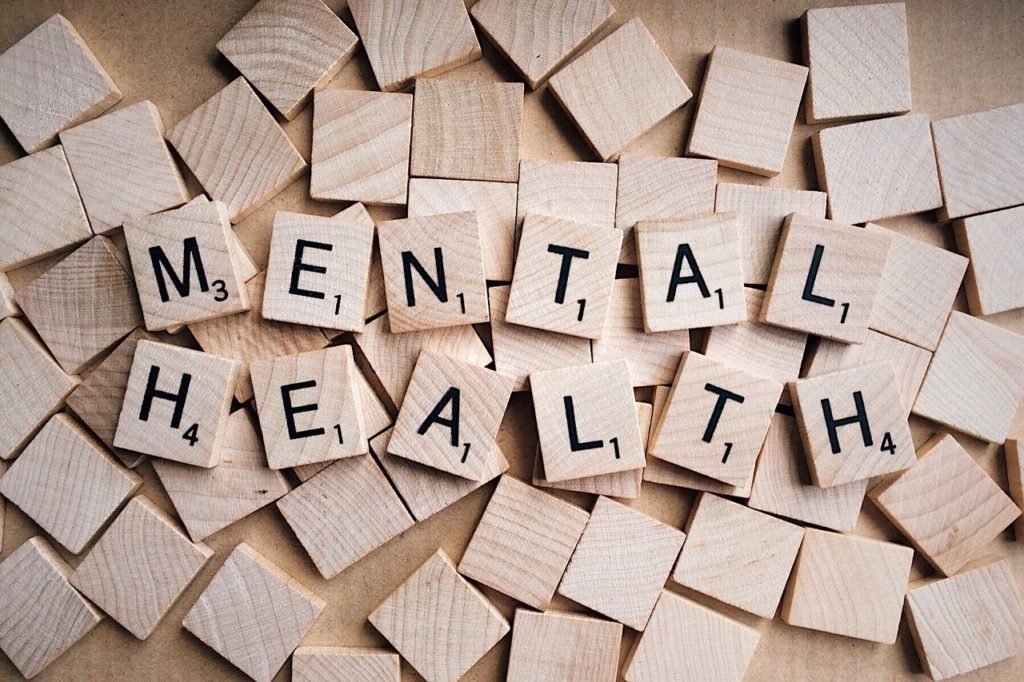Mental health treatment is primarily based on the “Bio-Psycho-Social Model” of mental illness. This model states that biological, psychological and social factors all play a role in the cause of mental illness.
Biological factors include physical health conditions, injuries and damage to the brain, genetic vulnerability, hormones, neurochemistry of the brain, medication, drugs and alcohol.
Psychological factors include a person’s personality, coping skills, emotions, temperament, social skills, attitudes and beliefs.
Social factors include problems with employment, education, finances, housing, relationships, bereavement, abuse, bullying, or any other stressors going on in a person’s life.
Because of this, mental health treatment has typically taken three approaches:
- Pharmacological treatments.
- Psychological treatments.
- Social treatments.
When your doctor or Occupational health professional assesses your mental health, they will typically address all of these factors and determine the primary causes of your mental illness, and subsequently tailor your treatment accordingly.
If your treatment is primarily caused by social factors, it is possible that your doctor or mental health professional may recommend addressing these social issues rather prescribing a medication.
If however, there is no obvious reason for your mental illness, and you have significant symptoms, then it is possible a medication may be prescribed.
Of course, the causes of a mental illness are often mixed and complicated, and treatments take a multifaceted approach and depend on many factors. Your illness is unique to you. And your treatment is unique to you – this is known as your individualised treatment plan.
It may be the case that you are given medication, a form of psychological treatment and help addressing social issues like poverty or housing problems.
It is important to note, however, that much of your treatment comes from yourself. You can address social issues and engage in psychological self-therapy without assistance from others.
There are also many lifestyle adaptations which have been shown to improve mental health, such as:
- Regular exercise.
- A healthy diet.
- A good sleep pattern.
- New hobbies, such as gardening.
- Continuing with current interests and hobbies.
- Socialising with friends and family.
- Time outside for fresh air and sunlight.
- Playing and/or listening to music.
- Setting yourself goals.
- Maintaining a routine.
- Limiting alcohol use.
- Avoidance of recreational drugs.
There is also a lot of good self-help material which is easily accessible on the internet and in libraries and book shops. This material can give you tips and practices for self-help psychology, and address things like building self-esteem, developing confidence, and dealing with stress. It can also help you with understanding and self-administering more specific psychological therapies, such as CBT (cognitive behavioural therapy) and anxiety management.
A fourth approach to understanding and managing mental illness is religion and spirituality. This tends to be overlooked by professional mental health services, but it does play a significant role in many people’s recovery from mental illness. Practices like self-reflection, mindfulness and meditation can all help with achieving mental well-being. So too can spiritual counselling and advice.
Working out what treatment plan is best for you is largely down to yourself. You are an active participant in determining this.
And your recovery and well-being is also largely down to you.
It is important to remain positive.
In order to get better, you must believe you can and will get better.
Author: Dr N. Sivanesan
